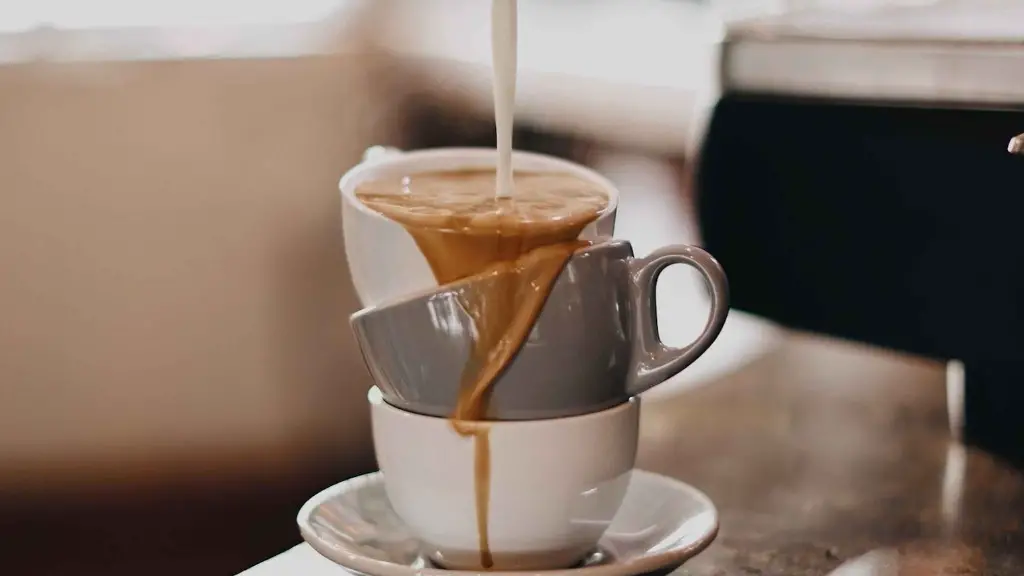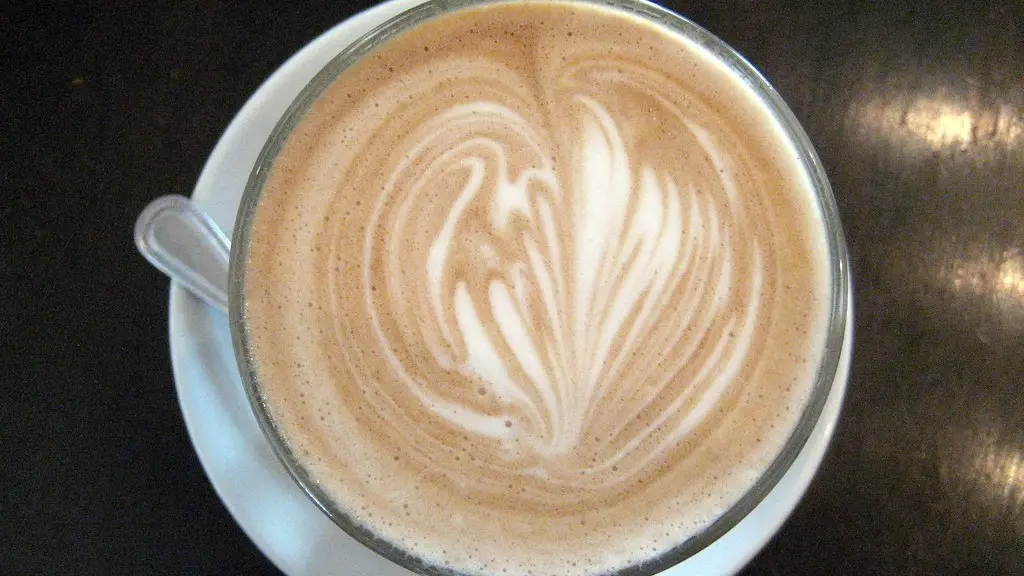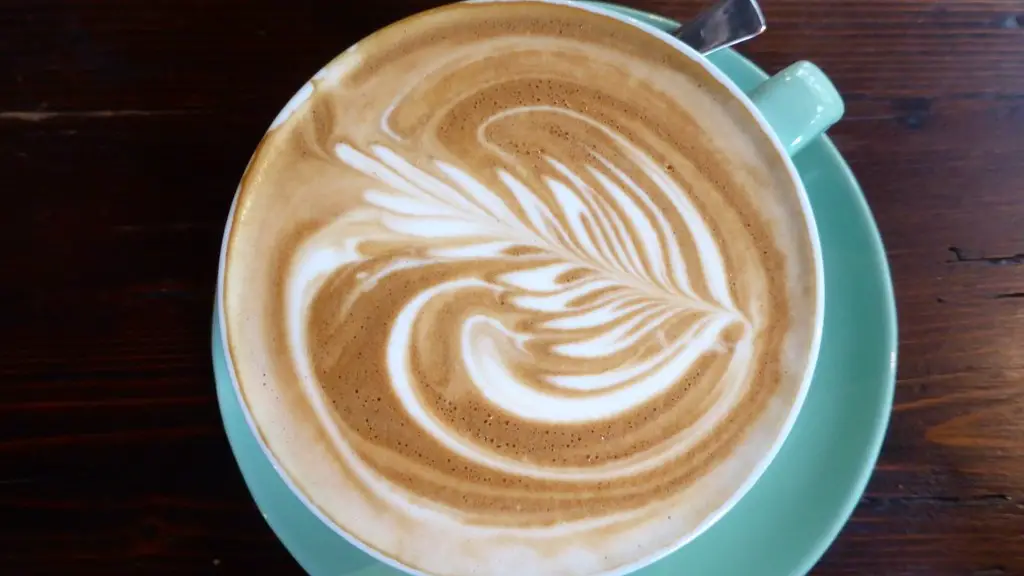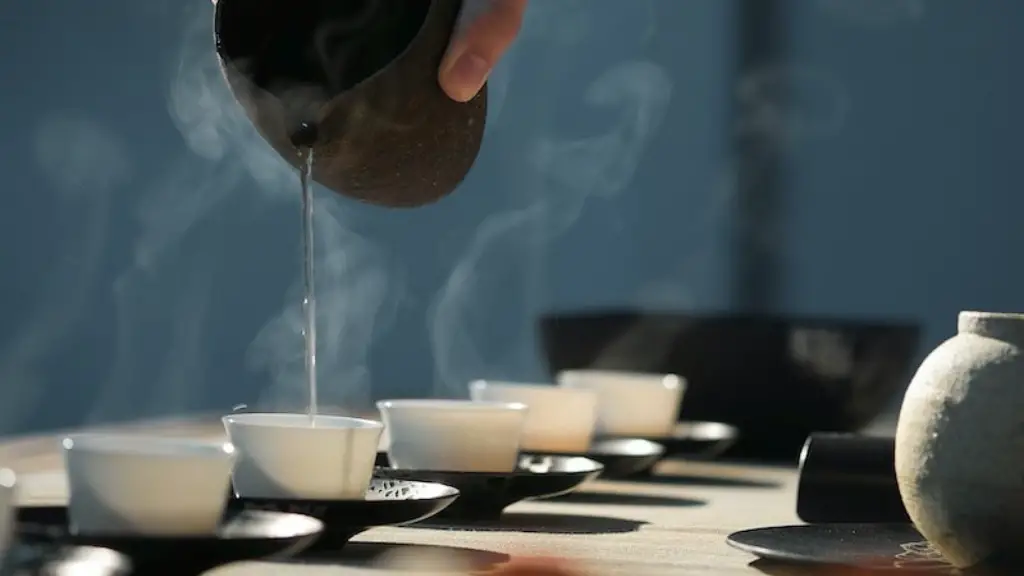Coffee While Juice Fasting: Benefits & Drawbacks
Juice fasting has become more popular in recent years, as people look for healthier, more natural ways to detox their bodies and improve their overall health. Given the popularity of coffee, many people have asked the question – can you drink coffee while juice fasting?
Studies have shown that drinking coffee during fasting can be beneficial in some respects. For example, research on intermittent fasting shows that coffee can help to suppress hunger, which can in turn reduce cravings and help to control food intake. Coffee can also increase alertness and focus, which is of course beneficial for strict juice fasting regimes.
Coffee can also increase feelings of fullness, helping to reduce the amount of food consumed during a fasting period. Additionally, coffee contains antioxidants, which can help to fight inflammation. According to experts, this may help to reduce the risk of developing certain chronic diseases.
However, there are also some drawbacks to drinking coffee while fasting. Studies have shown that drinking too much coffee can cause dehydration and increased heart rate, which can be problematic when fasting. Caffeine can also have a diuretic effect on the body, meaning that it increases urine production and can cause dehydration. Additionally, it can cause digestive complaints such as heartburn, stomach cramps and constipation.
Other than caffeine, coffee contains a range of other compounds that can have an impact on health. For example, it contains chlorogenic acid, which has been shown to inhibit the absorption of minerals, vitamins and amino acids. This can be problematic with juice fasting, as it can result in deficiencies in vital nutrients. Coffee is also high in acidity, which can damage the digestive system and make it more difficult to absorb nutrients from other foods.
To avoid these potential drawbacks, it is important to consume coffee in moderation and not overindulge. Research indicates that an optimal serving size for coffee is about two cups per day. Additionally, adding milk or cream can help to reduce the acidity of coffee, making it easier on the digestive system. Those who are caffeine-sensitive should also consider avoiding coffee during juice fasting, as even small amounts can cause problems.
Health Impact of Coffee During Juice Fasting
The health impacts of drinking coffee while juice fasting can depend on various factors, including one’s particular health status and the type of coffee consumed. For example, black coffee contains lower levels of sugar than other coffee drinks such as lattes and cappuccinos. Additionally, organic or freshly-ground coffee beans can be of higher quality and contain fewer toxins.
Studies have shown that drinking coffee in moderation can have some beneficial health effects. For example, it can provide antioxidant benefits and help to reduce inflammation. It can also increase alertness and focus, which can be beneficial for juice fasting. However, it is important to bear in mind that caffeine can also have negative impacts on health, particularly if consumed in excess.
It is also worth noting that coffee is dehydrating, so it is important to drink plenty of water alongside coffee consumption. Additionally, it is best to avoid adding sugar or cream to the coffee, as this can increase the calorie content and make it harder to achieve the desired results of juice fasting.
Caffeine Sensitivity and Coffee Drinking
People who are caffeine-sensitive should take extra care when considering drinking coffee while juice fasting. Caffeine can cause disruptions to sleep, which can be problematic when fasting as it can make one feel lethargic and decrease energy levels. Additionally, research suggests that caffeine can increase anxiety and stress levels, which can further disrupt sleep.
However, if one is not caffeine-sensitive, one can still benefit from drinking coffee while fasting. Studies show that consuming two cups of coffee per day can be beneficial in helping to suppress hunger, reduce cravings and increase feelings of fullness.
Pros & Cons of Coffee While Juice Fasting
To summarise, there are pros and cons to drinking coffee while juice fasting. On the plus side, coffee can increase alertness, focus and feelings of fullness, which can be beneficial for those wanting to achieve nutritional benefits from juice fasting. On the other hand, coffee can be dehydrating, contain high levels of acidity and inhibit the absorption of certain minerals, vitamins and amino acids.
It is also important to bear in mind that those who are caffeine-sensitive should avoid drinking coffee while juice fasting, as the effects of caffeine can be disruptive. Ultimately, coffee can be enjoyed while juice fasting, but it is important to consume it in moderation and avoid any potential drawbacks.
Adapting Coffee Consumption During a Juice Fast
To best enjoy coffee while juice fasting, it is important to make certain adjustments to one’s coffee-drinking habits. Firstly, it is important to limit intake to two cups per day. Additionally, one should avoid adding sugar or cream to the coffee, as this can increase the calorie content and make it harder to achieve the desired results of juice fasting. Finally, those who are caffeine-sensitive should avoid drinking coffee while fasting.
Organic, freshly ground coffee beans can also be worth considering, as they can contain fewer toxins than conventional coffee. Furthermore, adding in some natural fats such as coconut oil or ghee to one’s coffee can help to slow down the absorption of caffeine and provide additional benefits for those fasting.
Drinking Coffee Without Breaking a Juice Fast
Ultimately, enjoying coffee while juice fasting is possible, provided one takes the necessary precautions. It is important to avoid overindulging and ensure that one is drinking coffee in moderation, as well as making sure to include plenty of water and limit the amount of sugar and cream added.
Those who are caffeine-sensitive should also take extra care, as it may be wise to avoid coffee altogether. Additionally, it can be beneficial to experiment with different coffee types to see which is most suitable, as well as adding natural fats like coconut oil or ghee to the coffee to slow down the absorption of caffeine.
Implications of Drinking Coffee During Juice Fasting
In conclusion, while there can be some benefits to drinking coffee while or after juice fasting, there can also be drawbacks. It is important to consider one’s particular health status, as well as the type of coffee consumed and the amount consumed, before deciding whether or not it is suitable.
Finally, it is also worth remembering that drinking coffee in moderation is key. Those who are caffeine-sensitive should also consider avoiding coffee altogether, and those who do choose to consume coffee should take extra care to limit their intake.




